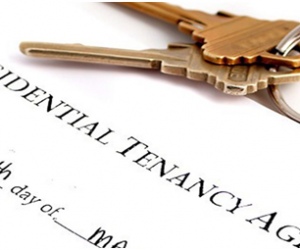With around a third of people in the UK renting, it’s probably no surprise that there are some nightmare landlords out there who make life difficult for their tenants. If this is a situation you find yourself in, this article helps you understand your rights.
Repairs
Landlords are responsible for most home repairs inside and outside the property. Tenants are responsible for minor repairs, e.g. changing light bulbs, decoration and maintaining gardens. Tenancy agreements should clearly outline who is responsible for what. If work needs to be done, check your agreement and contact your landlord if they’re responsible. If they ignore your request, you can take legal action to force them to make repairs or, if you’ve made them, repay your costs.
Rents
Landlords cannot increase rents whenever they want. Government guidance says landlords can increase rents annually for rolling tenancies and cannot increase rent for fixed-term tenancies unless the tenants agree.
Ending tenancies
Your tenancy agreement should include a notice period and charges for ending the tenancy early. If you have a joint tenancy, you cannot end this unless all tenants agree, though a landlord may update an agreement to remove a name. If they don’t, even if a tenant moves out, everyone named shares responsibility for the rent until the tenancy agreement ends. You can ask the court to remove your name.
Security deposits
Most tenants pay a security deposit when they move into a property which is paid back when they move out. If the landlord won’t return a deposit, and if you’re covered by a tenancy deposit scheme, you can take action to get your deposit back. You’ll need evidence, so take photographs when you move in and out, showing the property’s condition. Ask your landlord to use property inventory software such as https://inventorybase.co.uk/, protecting you by recording what was included when the house was rented, e.g. furniture, and its condition.
Letting agents
A lot of landlords have a hands-off approach to their properties and use letting agents. A legitimate letting agent will be part of The Property Ombudsman, Property Redress Scheme or Ombudsman Service so look to rent through these companies. They are bound by the ombudsman’s rules, making it more likely issues will be resolved and giving you a way to complain if they are not.a






